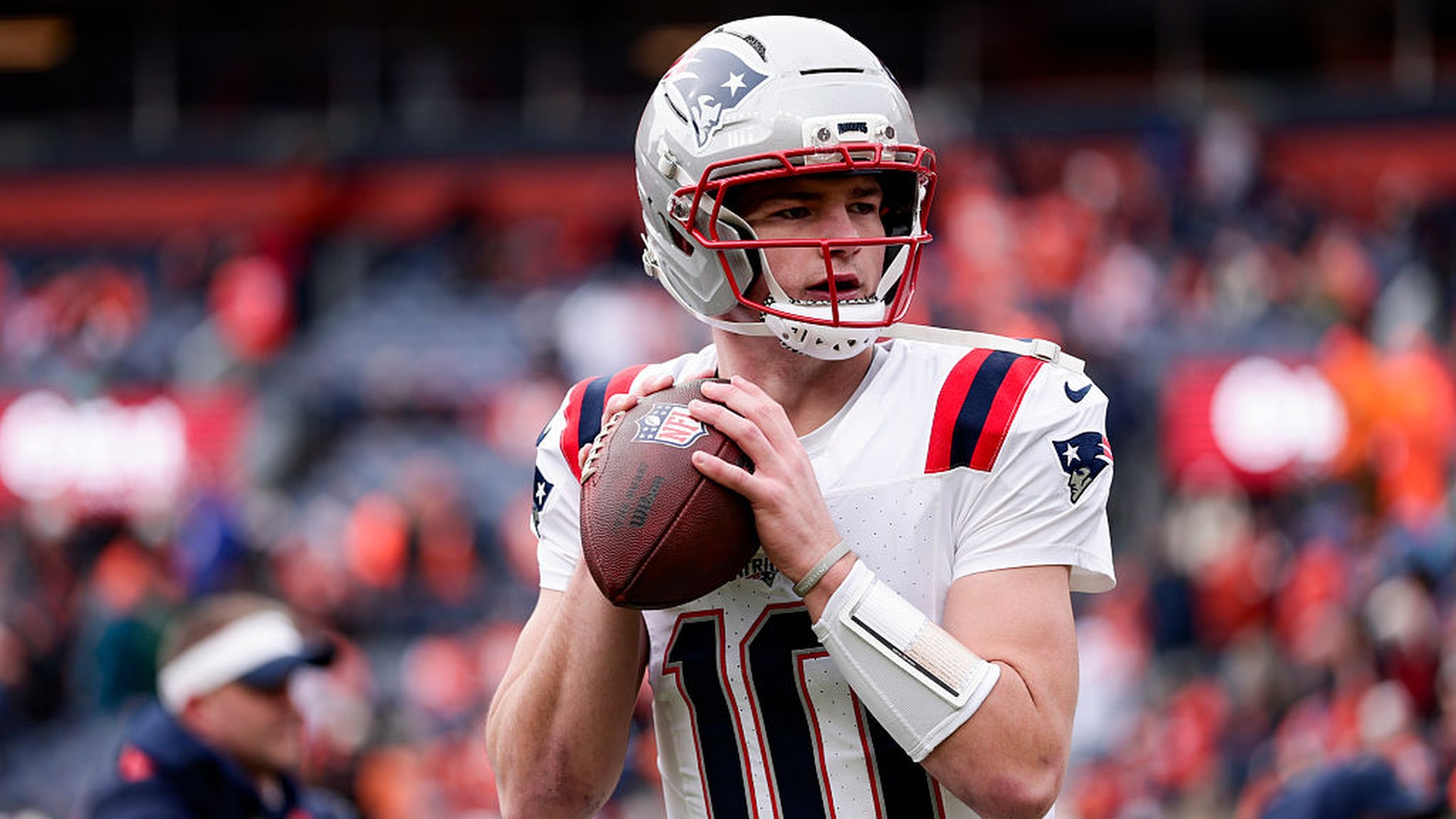This is England and the skinhead culture
The latest updates, reviews and unmissable series to watch and more!
You are now subscribed
Your newsletter sign-up was successful
Want to add more newsletters?

ONCE A WEEK
What to Watch
Get all the latest TV news and movie reviews, streaming recommendations and exclusive interviews sent directly to your inbox each week in a newsletter put together by our experts just for you.

ONCE A WEEK
What to Watch Soapbox
Sign up to our new soap newsletter to get all the latest news, spoilers and gossip from the biggest US soaps sent straight to your inbox… so you never miss a moment of the drama!
Couch Potato Pickings
This is a powerful and brilliantly performed film that shows how the 1980s skinhead culture which began in the 1960s among working class youths, developed a disturbing racist arm.
Influenced by the cultures of West Indian rude boys and British mods, the first skinheads emerged in the 1960s, with their distinct and highly coveted uniform and particular tastes for ska and reggae music. However, when a small number of skinheads aligned themselves with racist movements in the 1970s, only a few impressionable gang members got drawn in, but the media's use of the term when reporting on racist violence resulted in the term skinhead becoming synonymous with racism in the public's consciousness.
In this article he wrote for the Guardian at the time of the film's release, director Shane Meadows explains how he wanted his movie to explain the distortion of the skinhead movement:
"nowadays when I tell people that I used to be a skinhead, they think I'm saying I used to be racist. My film shows how rightwing politics started to creep into skinhead culture in the 1980s and change people's perception of it. This was a time when there were three and a half million people unemployed and we were involved in a pointless war in the Falklands. When people are frustrated and disillusioned that's when you get extremist groups moving in and trying to exploit the situation. That's what the National Front did in the early-80s. Skinheads had always taken pride in being working class and English so they were easy targets for the NF who said that their identities were under threat. They cultivated a real hatred of the Asian community. In the film, Combo represents the sort of charismatic leader the NF used to turn skinheads into violent street enforcers. Suddenly, all skinheads were branded the same way. But most of the real old skins who were into the music and the clothes went on to be scooter boys to separate themselves from the racism. I always wanted This Is England to tell the truth about skinheads."
I've recently been reading Robert Elms's brilliantly sensual personal story of urban street fashion The Way We Wore: A Life in Threads. This book, with its detail and colour, provides additional background and context for the subject of this movie and is worth a read. I hope that one day someone will turn that into a film too.
The latest updates, reviews and unmissable series to watch and more!

